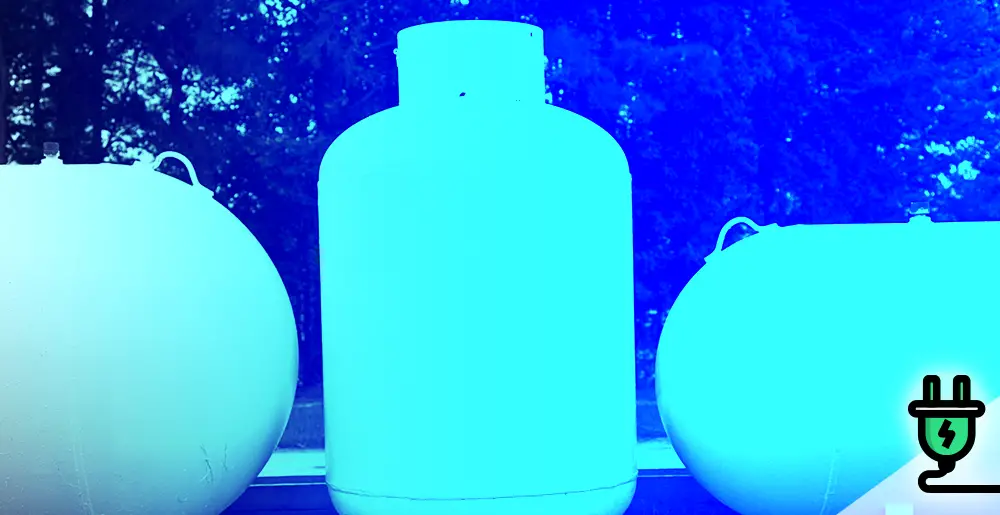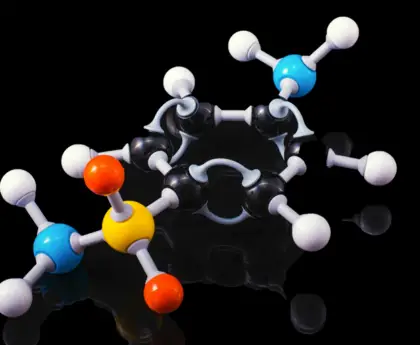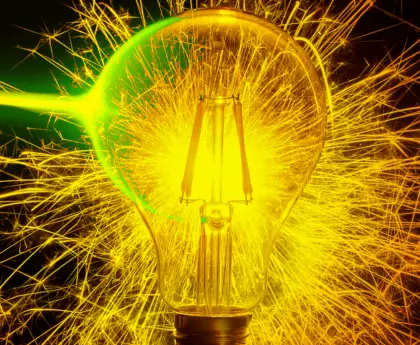Believe it or not, every single year somewhere north of 60 million Americans use propane to power a backup generator.
Propane is one of the most popular fuel sources for generators today, and for good reason.
There are a lot of benefits to using propane. It’s reliable, it’s consistent, it’s affordable, and it’s easy to store.
At the same time, not everything about propane generators is “sunshine and roses”.
There are definitely some downsides and some drawbacks to using propane as your generator power source. Some of them are going to be pretty obvious, but some of them are going to surprise you.
In this detailed breakdown we cover (almost) everything you need to know before you decide to use a propane generator as your dedicated backup or emergency power source.
Breaking Down Propane Generator Pros and Cons
Let’s kick things off with highlighting all of the benefits that propane generators have to offer.
Propane Generator Pros
Convenience
For starters, propane generators are very convenient to use – mostly because finding fuel for these generators is almost effortless.
Propane generators can run off of dedicated propane lines to be sure. But they can just as easily run off of propane bottles and canisters that power grills and outdoor kitchens all across the country.
It’s not hard to find propane, even in an emergency. The same cannot be said about other fuel sources.
No Fuel Degradation Issues
On top of that, you don’t have to worry about fuel degradation issues the way you might with gasoline or diesel fuel.
Those two fuel sources in specific are going to degrade over time. They might be fresh and ready to roll when you add them to your stockpile, but sooner rather than later those fuels are going to lose their effectiveness – and maybe even present a safety hazard.
Propane doesn’t have that problem.
It doesn’t degrade, it doesn’t lose effectiveness, and it doesn’t become more dangerous as time goes on.
Easy to Start
Propane generators aren’t a nightmare to get started, either.
These are real “set it and forget it” kinds of generators that just sort of work the way you expect them to, even in some really nasty and harsh conditions.
Propane setups can even be configured to power on automatically the second that a constant supply of power from your municipal source isn’t available – and then shut off instantly when your regular power supply comes back on.
Next to No Extra Maintenance
Propane is a really clean fuel source for generators, allowing them to sometimes go months – if not years – between service dates or cleanings without any ill effect whatsoever.
Just try and pull that off with a traditional gasoline or diesel fueled generator.
You wouldn’t make it a week or two without consistent cleanings!
Cold temperatures are another challenge for gasoline and diesel powered setups, but that’s not a problem for propane, either.
Propane will not freeze until it hits -306.4°F. You’re not going to see those temperatures anytime soon, which means you can reliably use propane in almost any whether without having to worry about it failing you.
Really Safe
While propane is explosive and you should certainly be careful with this as a fuel source for your generator, it’s a lot safer – and a lot less flammable – than and diesel fuel.
Propane tanks are designed to be as safe as possible. They have multiple safety valves, aren’t going to spill when you accidentally tip them over, and do a fantastic job at preventing leaks of potentially dangerous vapors.
Low Upfront Costs
Mix in the fact that most propane generators have lower upfront costs (not just to purchase, but also to run long-term) and it’s not hard to see why so many people love these kinds of generators.
Propane Generator Cons
Of course, there are certainly some drawbacks you’ll want to be aware of when you are getting ready to buy a propane generator.
Shorter Lifespan
First, these generators often have a shorter lifespan than some of the more traditional gasoline and diesel powered generators have.
You’ll save money on maintenance and repair costs to be sure. But you might be replacing your propane generator more frequently than you would have expected two.
You’ll Need a Ton of Propane on Hand
Storing propane can be a bit of a challenge, especially if you want to have a ton of it on hand in case of an emergency.
Propane bottles (huge bottles that get stored in the yard or little bottles like the ones you’ll hook up to a grill) are always going to take up a significant amount of real estate. Keeping it safe during storage only compounds this issue.
Less Fuel Efficient Than Other Choices
Finally, propane generators aren’t quite as fuel-efficient as some of the other options you’ll have available today.
Propane is considered to have twice the energy density as natural gas – which makes it a more effective solution than that for power production.
Compared to diesel or gasoline, though, you’re going to rip through a lot more propane to produce the same amount of power than you would with those sources.
Closing Thoughts
Overall, propane is a good choice for generator fuel because it’s readily available and relatively inexpensive. It does have some drawbacks though so before you go out and buy one of these generators to power your life during emergencies or disasters, make sure that you remember these pros and cons beforehand.
However, perhaps the best of both worlds is running a dual fuel generator. You can have both, gasoline and propane for fuel sources.






